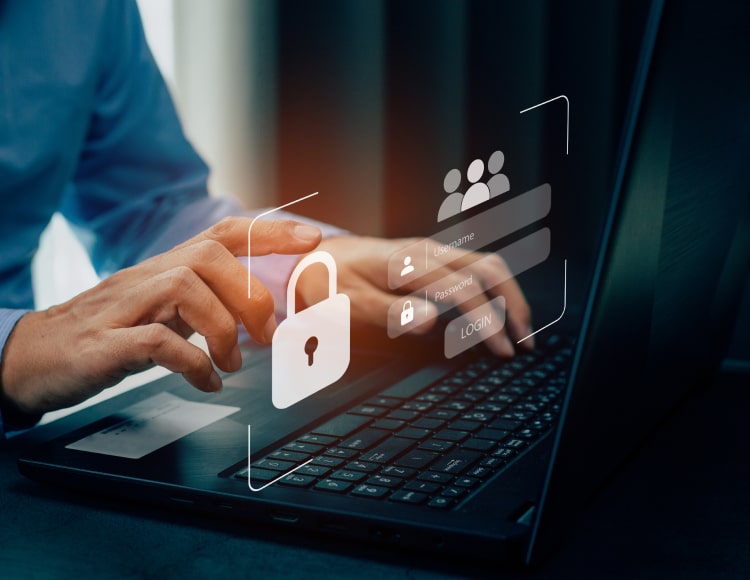
Five hours a day. By the end of 2018, that’s how much time U.S. users were spending on their mobile devices. Add to that the additional time spent on computers and other Internet-connected devices—video games, anyone?—and it’s clear we’re online a lot.
No matter the amount of time you’re spending online, it makes sense to be smart about how and what you’re doing there—helping protect your personal information from those who’d like nothing better than to steal your identity and cause you harm. The good news is that you can continue using your devices, but in a safer manner, without interfering with your normal online activity/routine. Here are 5 simple ways to help you protect your personal information.
1. Use passcodes for your devices
2. Create strong and unique passwords for your online accounts
If you’re like me and have way too many sets of online credentials to commit to memory, consider using a password manager to keep track of those many, unique passwords. There are several out there with different prices and plans, but it shouldn’t take you too long to figure out which one works best for you. Just do an Internet search for “password managers” and see what suits your needs.
3. Limit social media sharing
4. Be wary of free Wi-Fi
Even a password-protected Wi-Fi network is only as safe as the people who have the password. Save transactions for when you’re on a secure network, perhaps at home. If you must log in or transact online on public Wi-Fi, use a VPN (virtual private network), which encrypts your activity so that others on the same network can’t easily see what you’re doing.
5. Close unused accounts
No one can prevent all identity theft, but by using these tips, you’ll help keep your personal information a little more “personal” online—and in this digitally connected age, that’s something to strive for.
